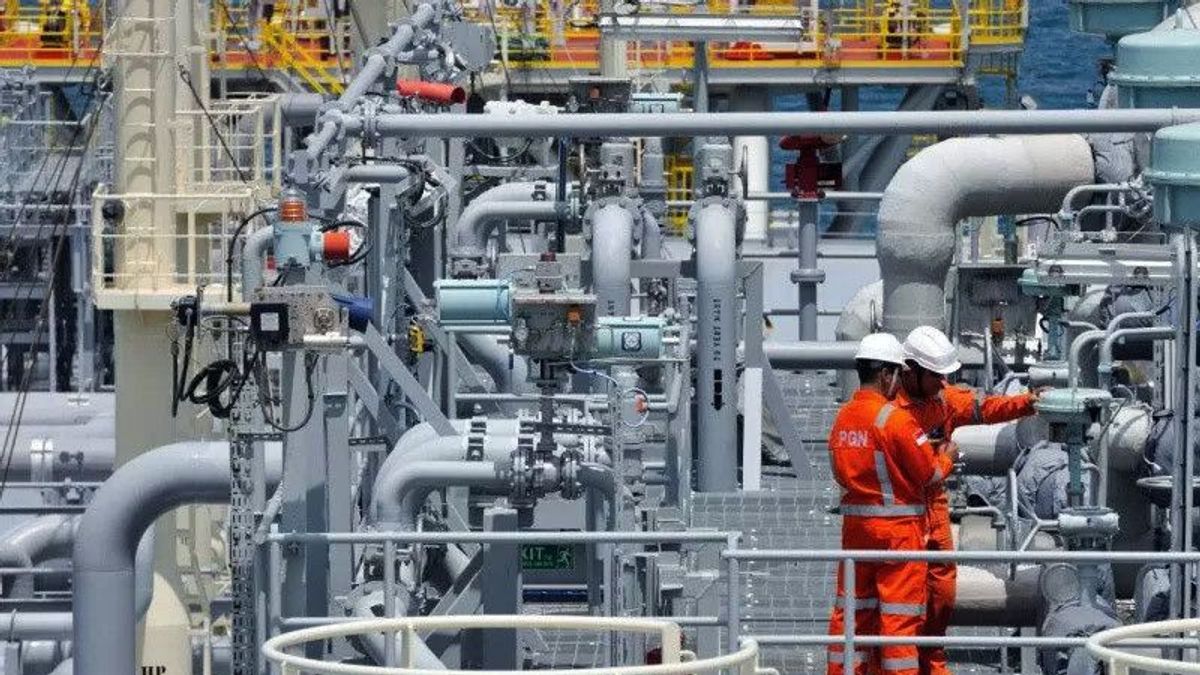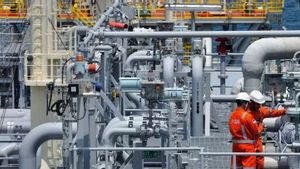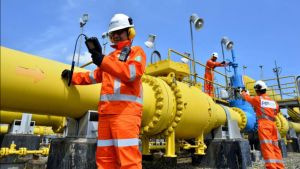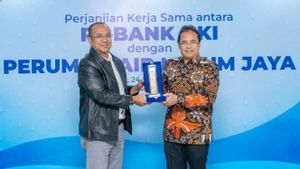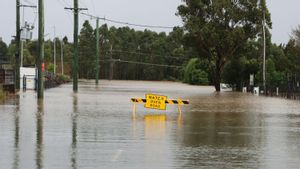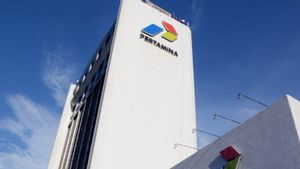JAKARTA - PT Perusahaan Gas Negara (Persero) Tbk (PGS) supports the government's efforts to expand domestic gas utilization while making natural gas a transitional energy to net zero emissions by 2060.
This commitment was made by PGN through the construction of various natural gas infrastructures, including expanding household gas networks and providing gas refueling stations (SPBG) to facilitate access to natural gas users.
Rosa Permata Sari, Director of Strategy and Business Development of PGN, explained that natural gas is a strategic asset of the nation that must be optimized, especially in strengthening national energy security. The fact that national natural gas reserves are bigger than oil must be responded to with the right strategy from upstream to downstream. So that sustainably natural gas can become a booster for the Indonesian economy and the driving of strategic sectors that control the lives of many people. Such as the electricity, fertilizer, industry, and petrochemical sectors.
"In the future, PGN will also continue to take the initiative to build gas infrastructure so that it can reach more users," Rosa said as quoted on Monday, March 4.
Rosa said, from the infrastructure aspect, PGN will be involved in a number of strategic projects in 2024, including the West Natuna Transportation System (WNTS)-Pemping gas pipeline project, gas infrastructure projects at Tuban refineries, and pipeline infrastructure development to support fertilizer factories in Eastern Indonesia.
"From the commercialization aspect, PGN will continue to improve the introduction and utilization of LNG in the LNG Trading, LNG Hub & Storage and LNG Bunkering businesses for the Marine Fuel sector," continued Rosa,
Rosa added that this strategic role is important to be boosted, where LNG will become Indonesia's future supply. Subholding Gas also begins to participate in downstream natural gas products in petrochemicals as well as biomethane and does not miss participating in supporting decarbonization programs, namely in hydrogen programs and CO2 transportation.
"The company is also preparing to welcome the completion of the Cirebon Semarang gas network project phase II (Cisem II). PGN will synergize with the government in integrating natural gas infrastructure to increase the use of natural gas in Java and its interconnection to Sumatra Island and Riau Islands," he explained.
Rosa said that the operation of this gas network will increase the resilience of gas supply and respond to the issue of network interconnection from the East Java region which has so far not been connected to the West Java region. This infrastructure development will increase the resilience of domestic natural gas supply because it can integrate supply sources from various regions in Java & Sumatra.
Currently, PGN Group has operated a pipeline gas network from Gresik in East Java to Batang, Central Java. With this pipeline network, the potential for excess natural gas supply in East Java can be utilized to supply energy needs for various new industrial areas that have sprung up in Central Java.
The connection of the gas pipeline network on the island of Java will increase energy security and strengthen the supply and distribution of natural gas to various segments of users. This includes accelerating the government's efforts to improve household gas users who are expected to cut LPG subsidies. The IKN area is one of PGN's priority targets in providing clean energy environmentally friendly natural gas in government strategic projects in welcoming the new direction of the capital city of the archipelago. Our target in the next 3 years the number of gas users could reach around 2.5 million customers and have the opportunity to continue to grow," said Rosa.
SEE ALSO:
However, Rosa reminded, the development of various infrastructure projects carried out by PGN needs to be supported by various stakeholders in the natural gas industry. This is because, as a business actor at midstream and downstream levels, PGN only plays a role in one of the natural gas business chains so that even though PGN Subholding Gas operates 96 percent of the national natural natural gas midstream infrastructure and downstream, in serving customers, PGN needs the support and synergy of all policy management stakeholders and also business players in the upstream oil and gas sector.
"We will face various economic challenges and also more LNG-shaped natural gas supply. Therefore, it is very important for stakeholders in this industry to maintain their respective roles, so that the government's great strategy of making natural gas a transitional energy and strengthening national energy resilience can be realized," concluded Rosa.
The English, Chinese, Japanese, Arabic, and French versions are automatically generated by the AI. So there may still be inaccuracies in translating, please always see Indonesian as our main language. (system supported by DigitalSiber.id)
